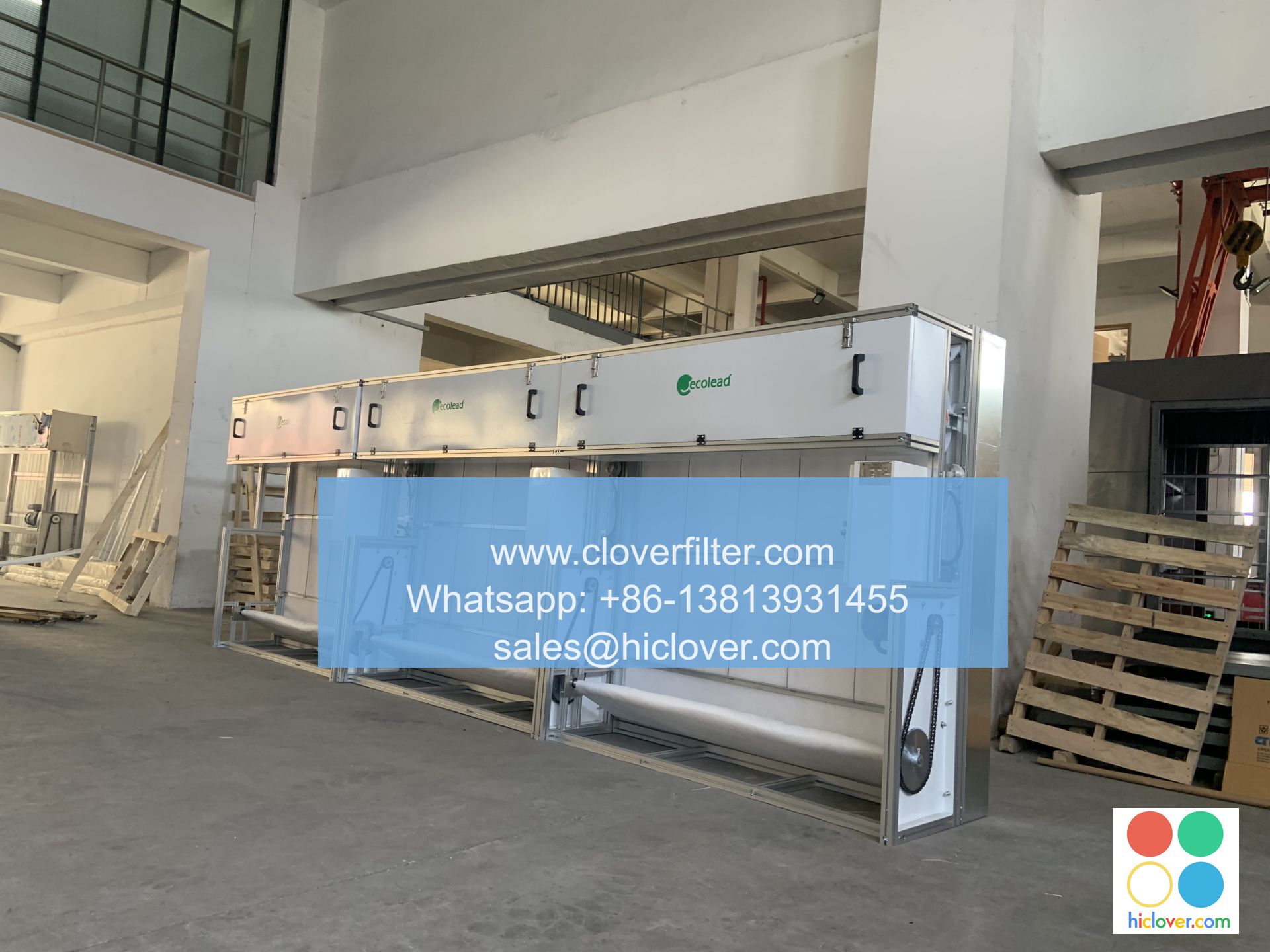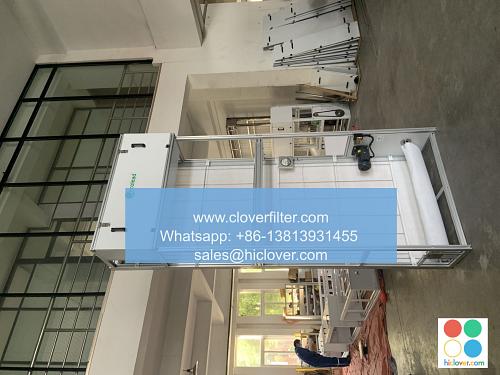The Role of Automatic Roll Air Filters in Maintaining Medical Lab Accreditation

Medical laboratories play a critical role in the healthcare system, providing accurate and reliable test results that aid in diagnosis, treatment, and prevention of diseases. To ensure the quality and integrity of these results, medical labs must maintain strict standards of cleanliness and air quality. One crucial aspect of achieving this is the use of automatic roll air filters, which are designed to capture airborne contaminants and maintain a sterile environment. In this article, we will explore the role of automatic roll air filters in maintaining medical lab accreditation, highlighting various application areas and the importance of HEPA filtration, ultra-clean air technology, and aerosol removal.
Introduction to Medical Lab Accreditation
Medical lab accreditation is a process that ensures laboratories meet specific standards of quality, safety, and performance. Accrediting agencies, such as the College of American Pathologists (CAP) and the American Association for Laboratory Accreditation (A2LA), evaluate laboratories based on their adherence to guidelines and regulations, including those related to air quality control and infection control. Maintaining accreditation is essential for medical labs, as it demonstrates their commitment to providing high-quality patient care and ensures compliance with regulatory requirements.
The Importance of Air Quality in Medical Labs
Air quality plays a vital role in medical labs, as airborne contaminants can compromise the accuracy of test results and pose a risk to patient safety. Airborne particles, such as bacteria, viruses, and fungal spores, can contaminate samples, equipment, and surfaces, leading to cross-contamination and false positives. Furthermore, poor air quality can also affect the health and well-being of laboratory personnel, increasing the risk of occupational exposure to infectious agents.
Automatic Roll Air Filters: A Key Component of Medical Lab Accreditation
Automatic roll air filters are designed to capture airborne contaminants, including particulate matter, microorganisms, and gases. These filters are typically installed in HEPA filtration systems, which are capable of removing 99.97% of particles as small as 0.3 microns. Automatic roll air filters offer several benefits, including:
* High-efficiency filtration: Captures a wide range of airborne contaminants, ensuring a sterile environment for sample processing and testing.
* Low maintenance: Automatic roll air filters are designed for easy replacement and minimal downtime, reducing the risk of filter failure and contamination.
* Cost-effective: Automatic roll air filters can help reduce the cost of filter replacement and lab maintenance, while also minimizing the risk of rework and recalibration.
Application Areas for Automatic Roll Air Filters
Automatic roll air filters have various application areas in medical labs, including:
* Clinical laboratories: Hematology, biochemistry, and molecular diagnostics labs require high-quality air filtration to prevent contamination and ensure accurate test results.
* Microbiology laboratories: Automatic roll air filters help prevent the spread of infectious agents and maintain a sterile environment for bacterial, viral, and fungal testing.
* Pharmaceutical laboratories: Automatic roll air filters are used in clean rooms and controlled environments to ensure the quality and integrity of pharmaceutical products.
Conclusion
Maintaining medical lab accreditation requires a comprehensive approach to air quality control and infection control. Automatic roll air filters play a critical role in capturing airborne contaminants and maintaining a sterile environment. By highlighting various application areas and the importance of HEPA filtration, ultra-clean air technology, and aerosol removal, we can appreciate the significance of automatic roll air filters in ensuring the quality and integrity of medical lab results. As medical labs continue to evolve and expand, the use of automatic roll air filters will remain a vital component of maintaining accreditation and providing high-quality patient care.

